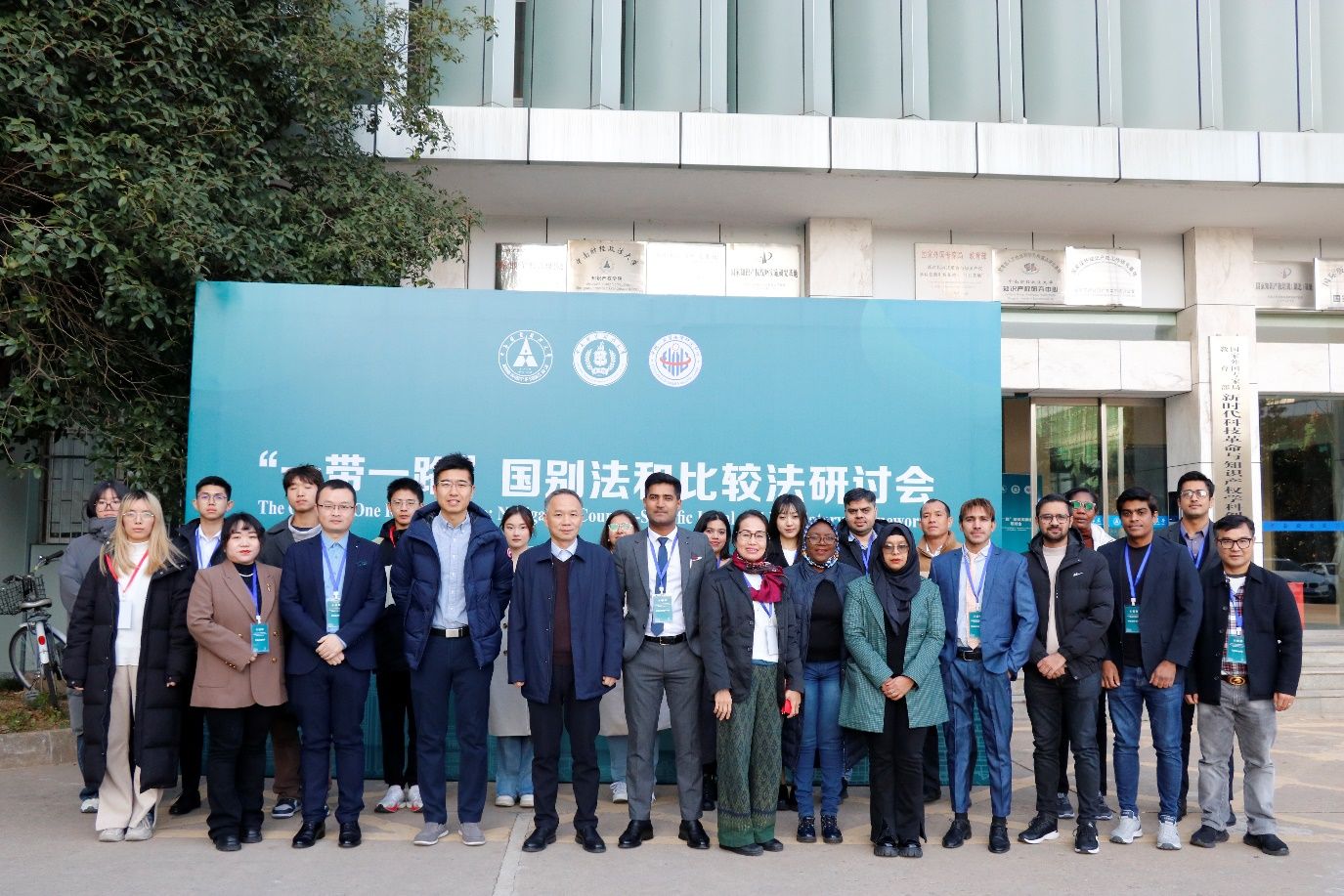The School of Law at Zhongnan University of Economics and Law (ZUEL) is pleased to announce the successful completion of the Conference on the One Belt One Road Initiative: Navigating Country-Specific Legal and Regulatory Frameworks, which took place on December 14, 2024, in Wuhan.
The conference brought together distinguished scholars, prominent doctoral and graduate candidates from various institutions who engaged in meaningful discussions on the multifaceted legal and regulatory challenges related to the Belt and Road Initiative (BRI). It was successfully conducted under the skilled leadership of Professor Jiang He, Vice Dean of the School of Law at ZUEL and the Chairperson of the conference. The event also benefited from the expertise of Mr. Wang Zhengjun, Vice Dean of the International Education School; Dr. Liang Zhuo, Lecturer in the School of Law and the Director of the conference; and Mr. Mahar Waqar Fazal, PhD Scholar in the School of Law and the Co-Chair of the conference.
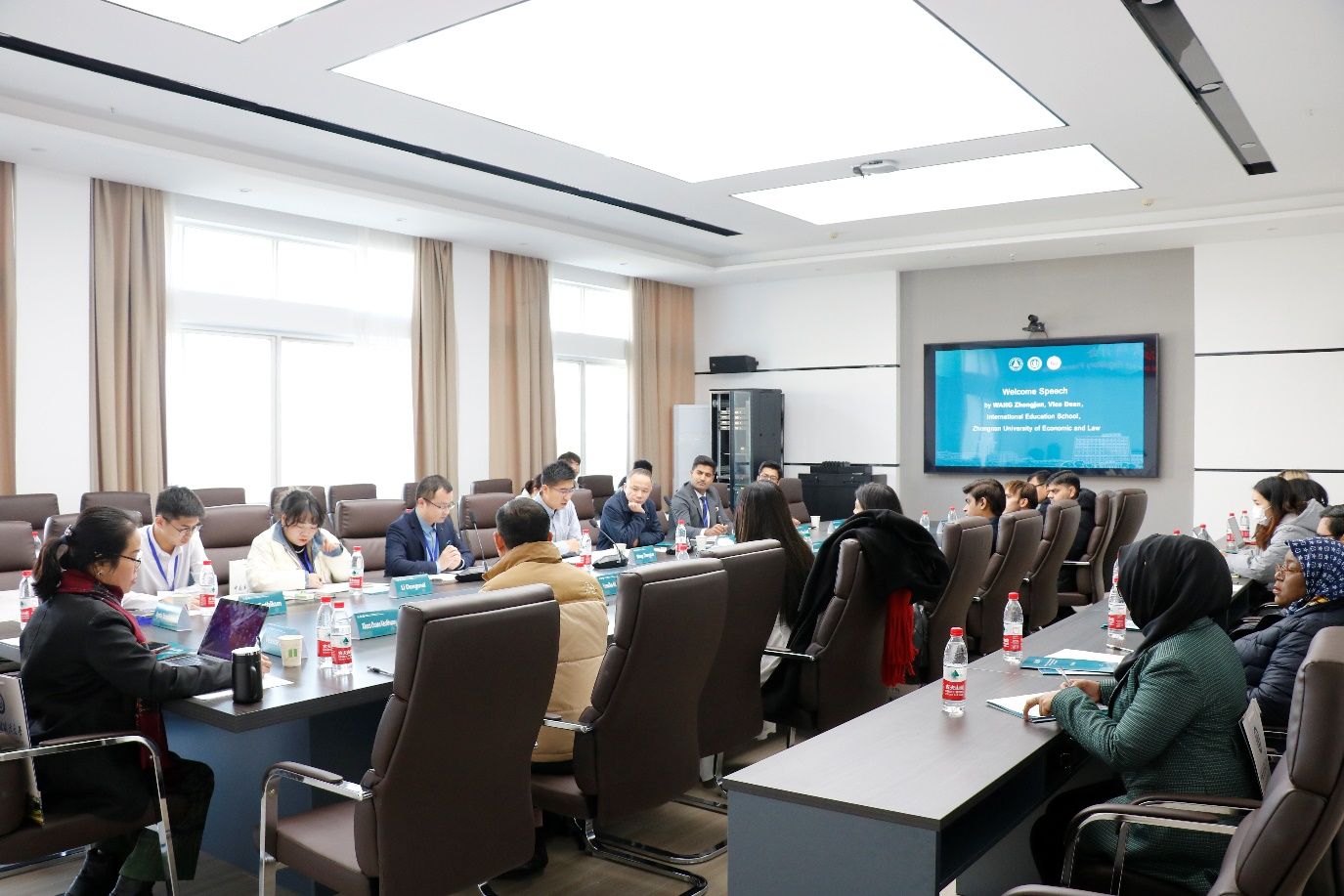
The welcome speeches were delivered by Mr. Wang Zhengjun and Professor Jiang He. Wang Zhengjun expressed his welcome to all young scholars coming to ZUEL, expressed his expectations for this meeting to discuss issues related to the BRI and for the successful convening of this meeting. By analyzing the current international situation, Jiang He highlighted the importance and necessity of cultural exchanges between countries in the context of globalization, hoping that this conference would bring diversified and constructive solutions to development issues related to the BRI and that similar meaningful dialogues can continue to be held. Their insights set a positive tone for the conference and underscored the importance of collaboration in addressing the challenges and opportunities presented by the BRI.
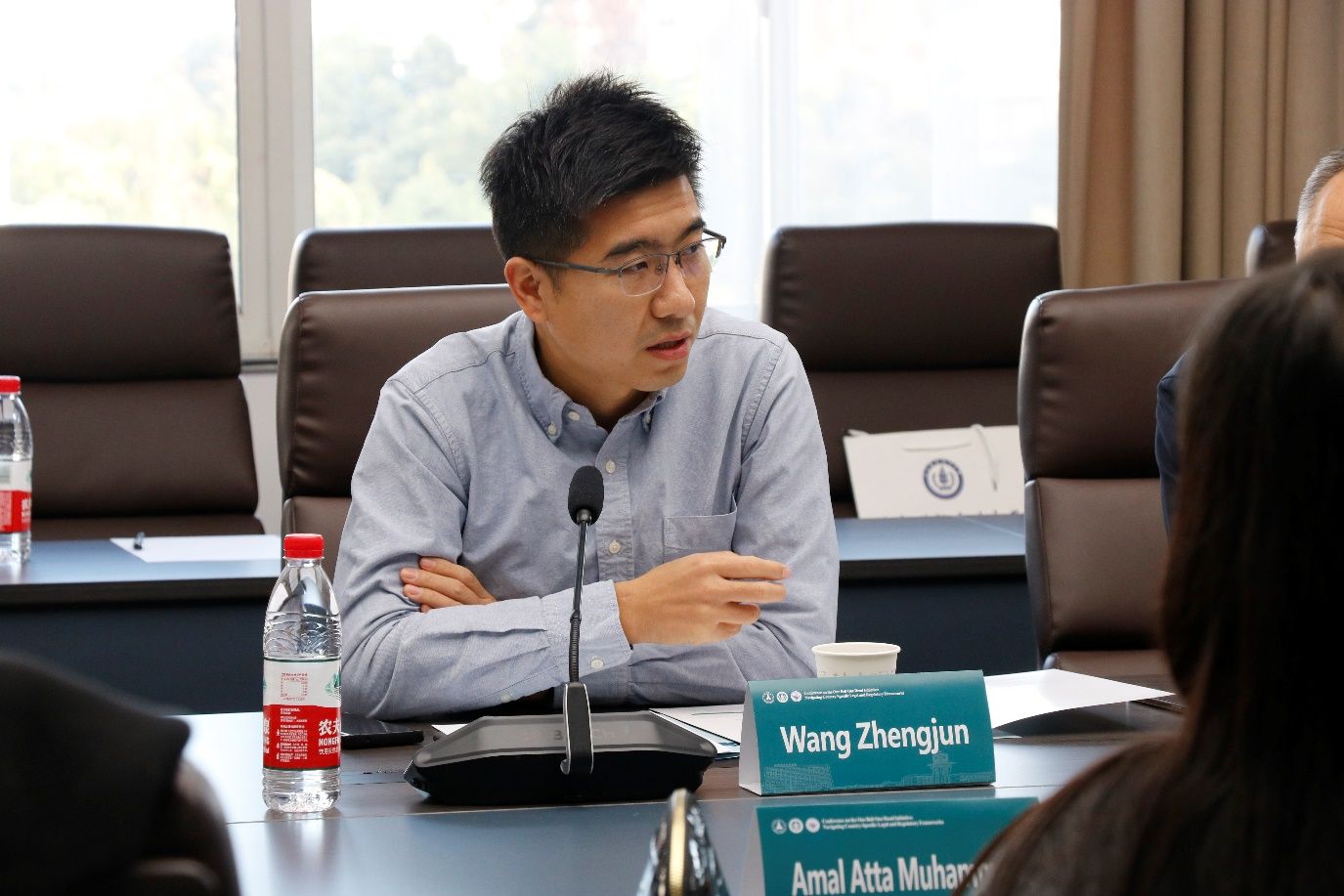
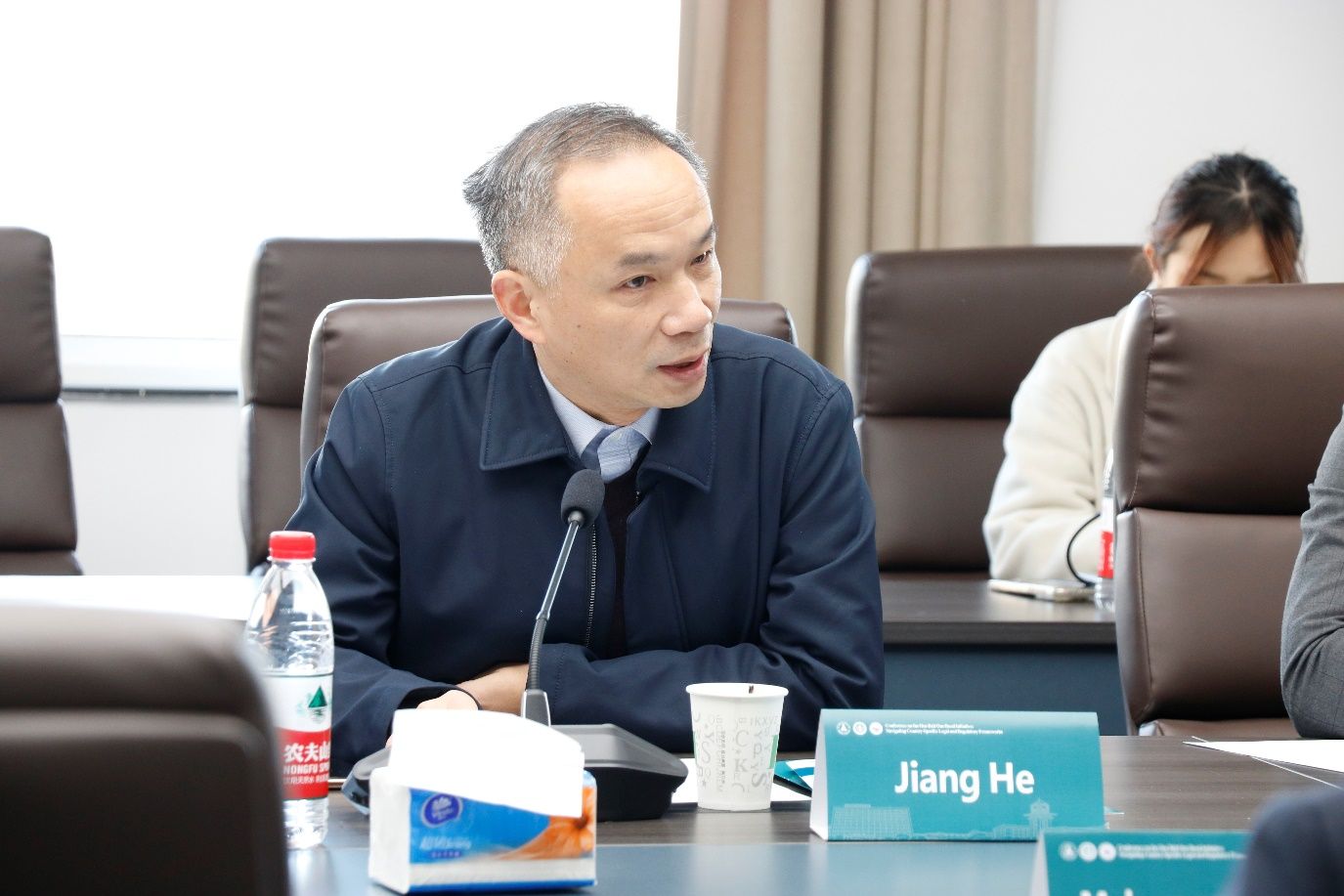
Session I: Global & Regional Perspective
Moderated by Dr. Liang Zhuo,Session I of the conference focused on the global and regional perspective on the BRI. Yumiko Murakami from China University of Political Science and Lawelaborated on existing BRI-related legal issues in the fields of investment and trade. Amal Atta Muhammad from Xi'an Jiaotong University proposed to integrate international environmental law into the China-Pakistan Economic Corridor with a view to achievingsustainable development. Zhu Jiaxin, an assistant researcher at GuangzhouCollege of Applied Science andTechnology, gave her presentation on the construction of the Indian Ocean Marine Communityof Destiny in the context of the BRI. Muhammad Suhrab and WaseemIrshad from Huazhong University of Science andTechnolog used the Blinder–Oaxaca decomposition method in analyzing the impact of the BRItrade on gender wages gap in participating countries.
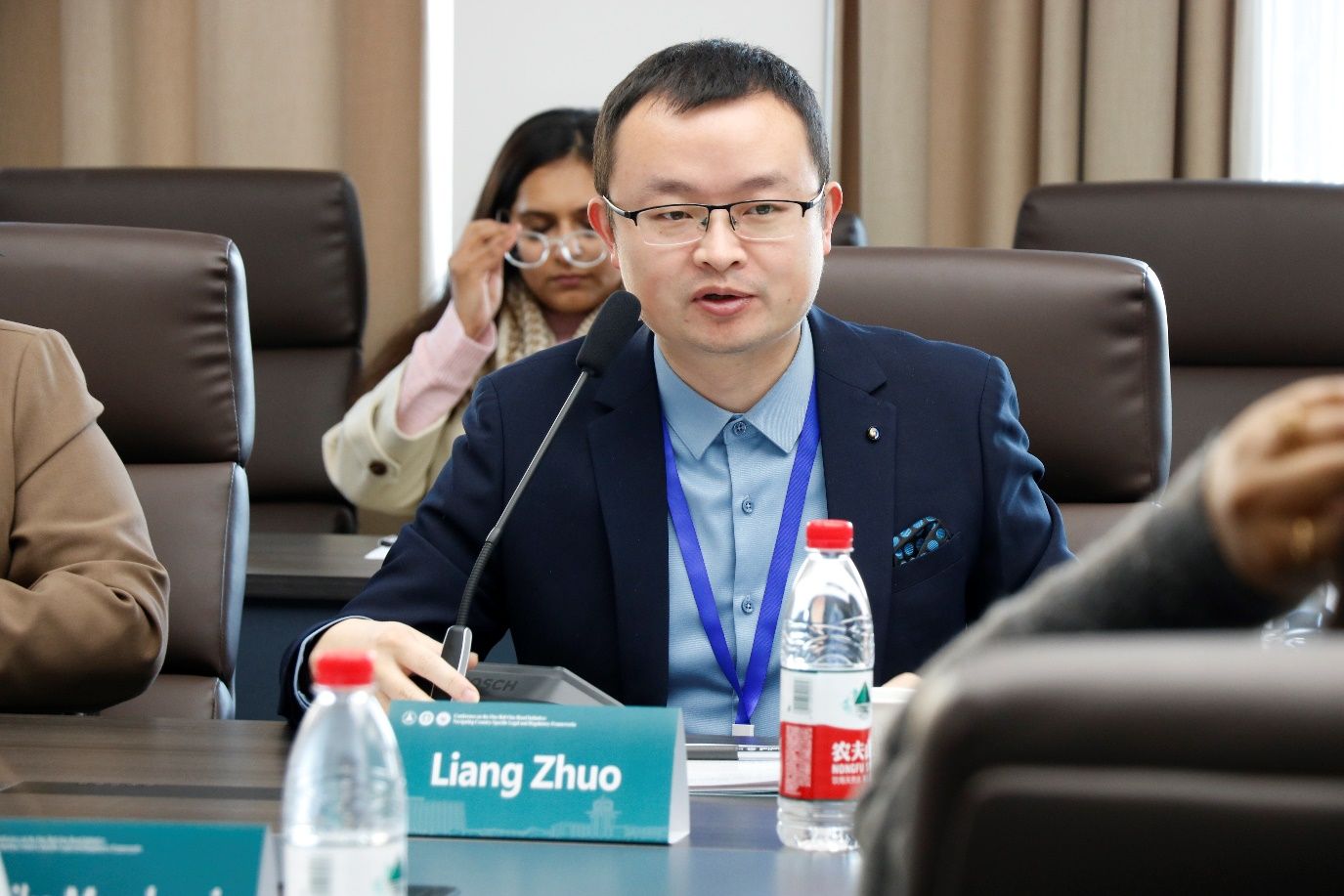

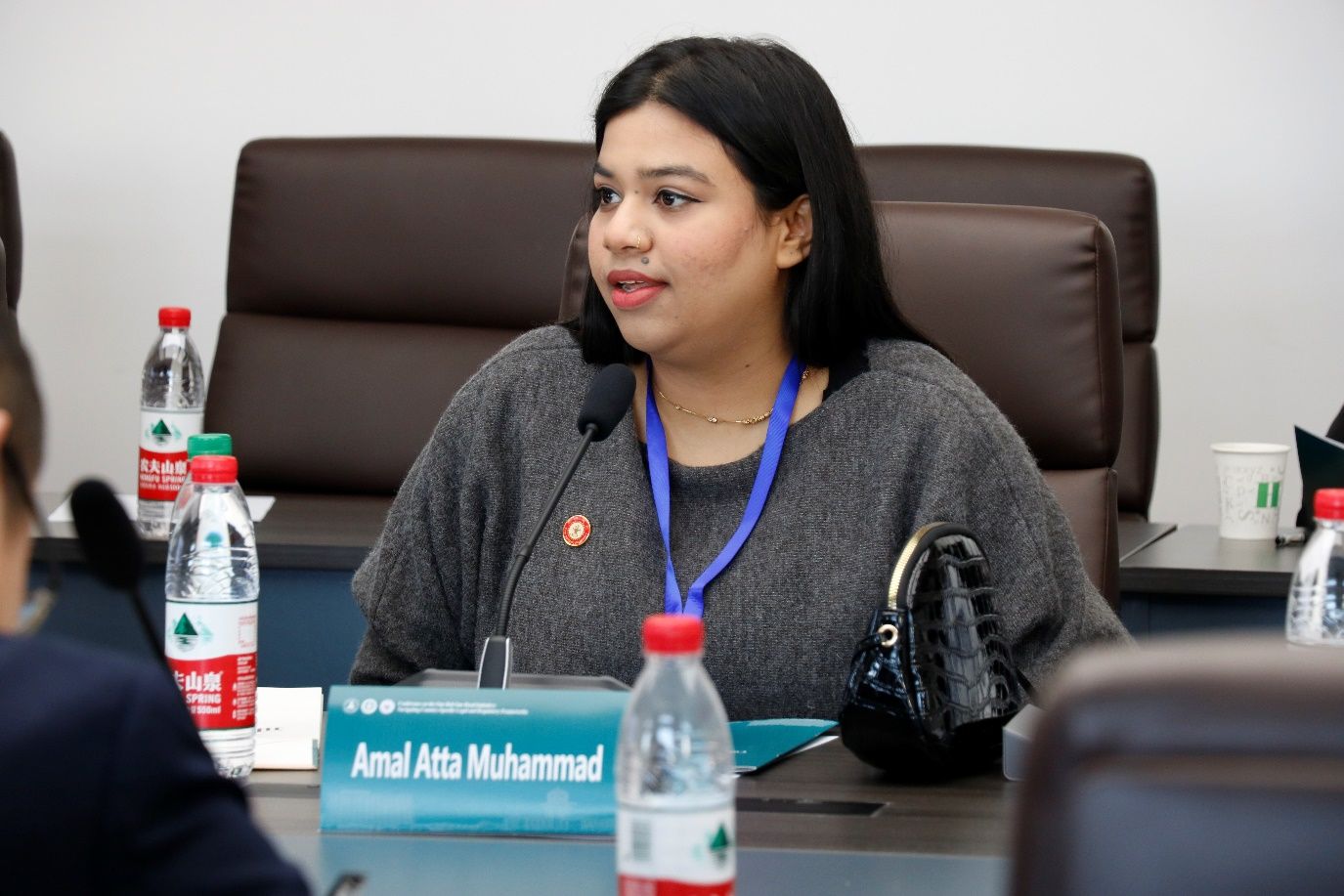
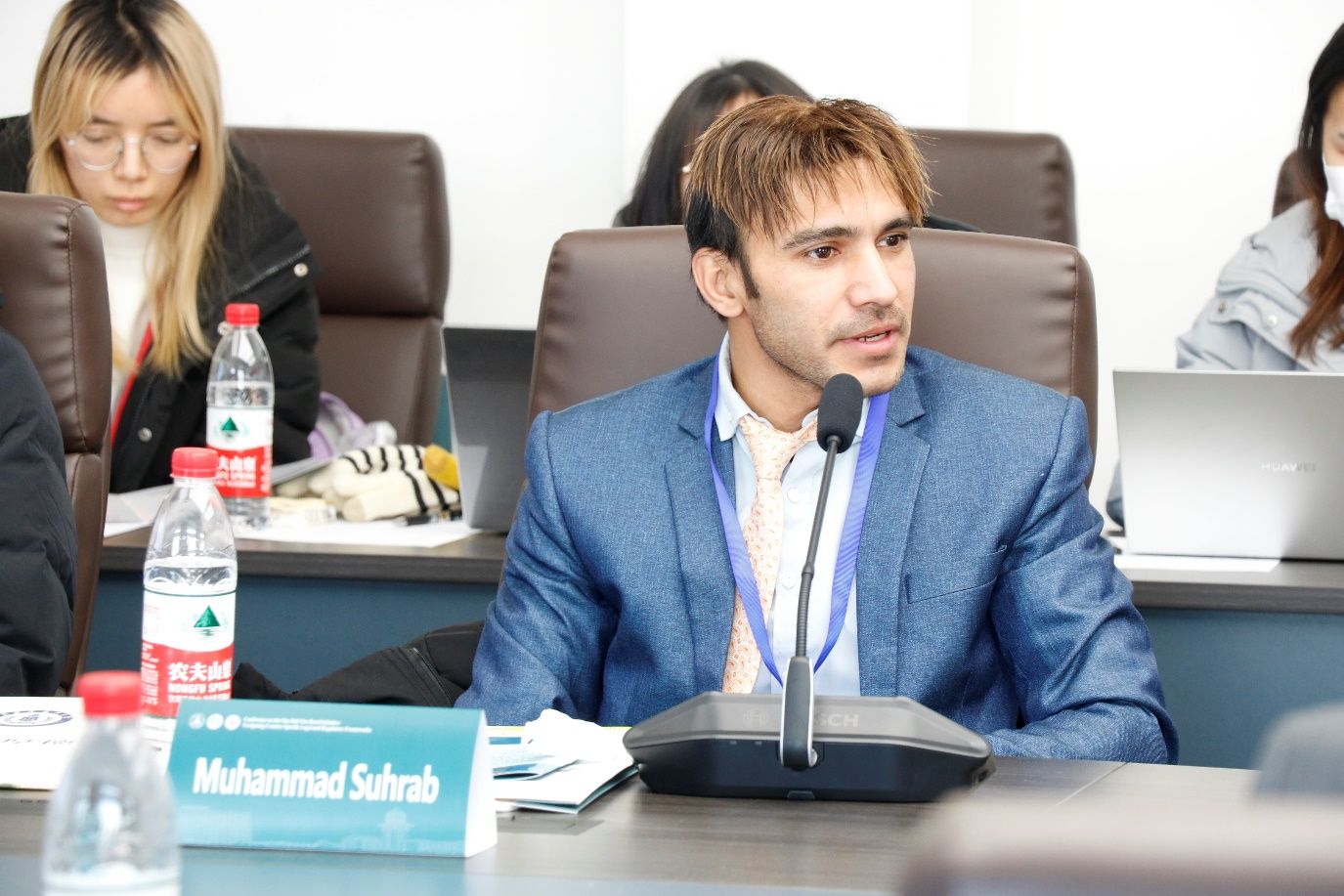
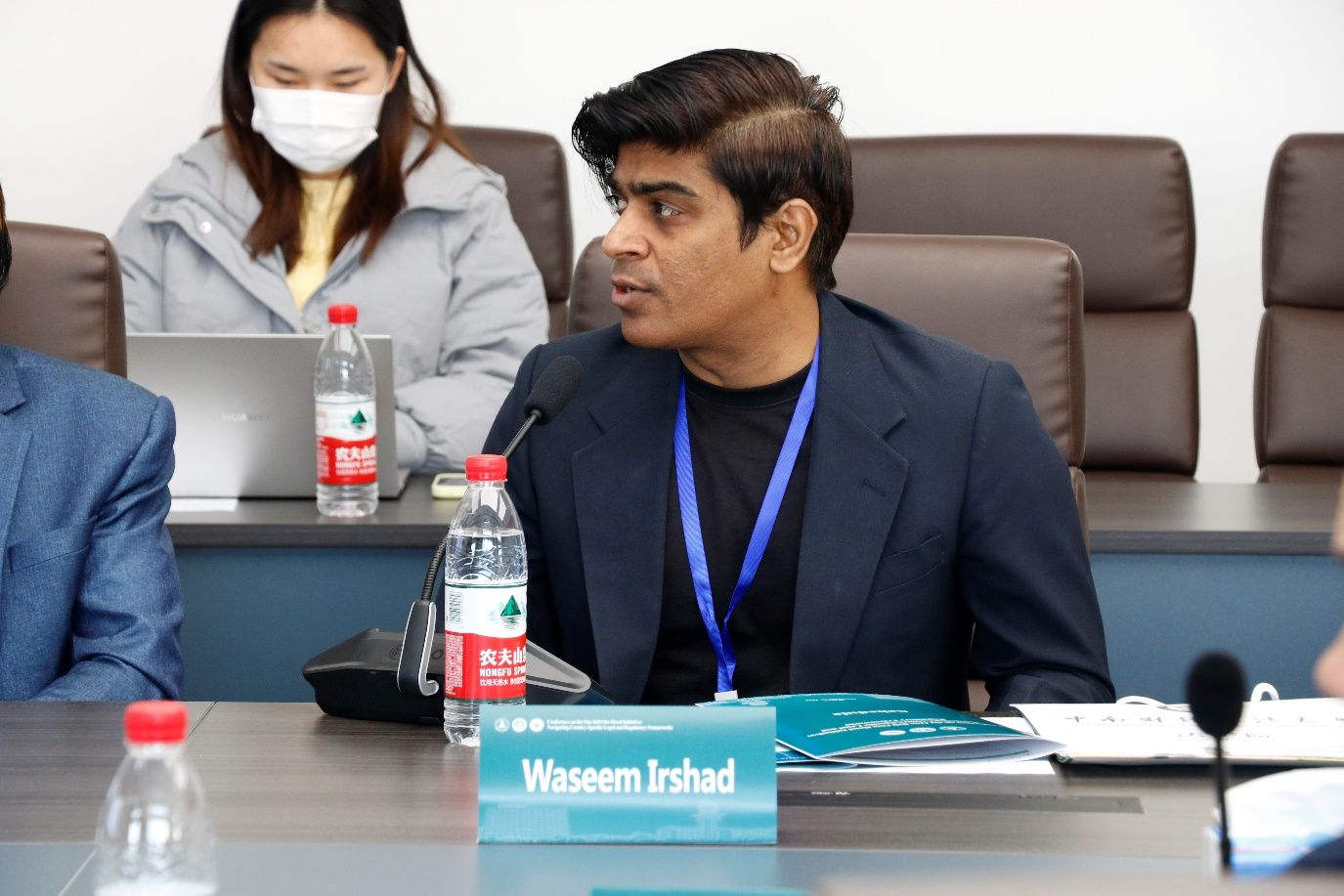
The session concluded with an engaging discussion involving Li Dongmei, the program director of China-ASEAN Legal Research Center of Southwest University of Political Science and Law (SWUPL), Sou Sethikun from China University of Political Science and Law and Muhammad Zeeshan Ajmal from ZUEL. The discussants fully recognized the depth and breadth of the presentations, and suggested further research issues such as the integration of emerging technologies and the BRI and cultural impacts on promoting international legal cooperation and development.
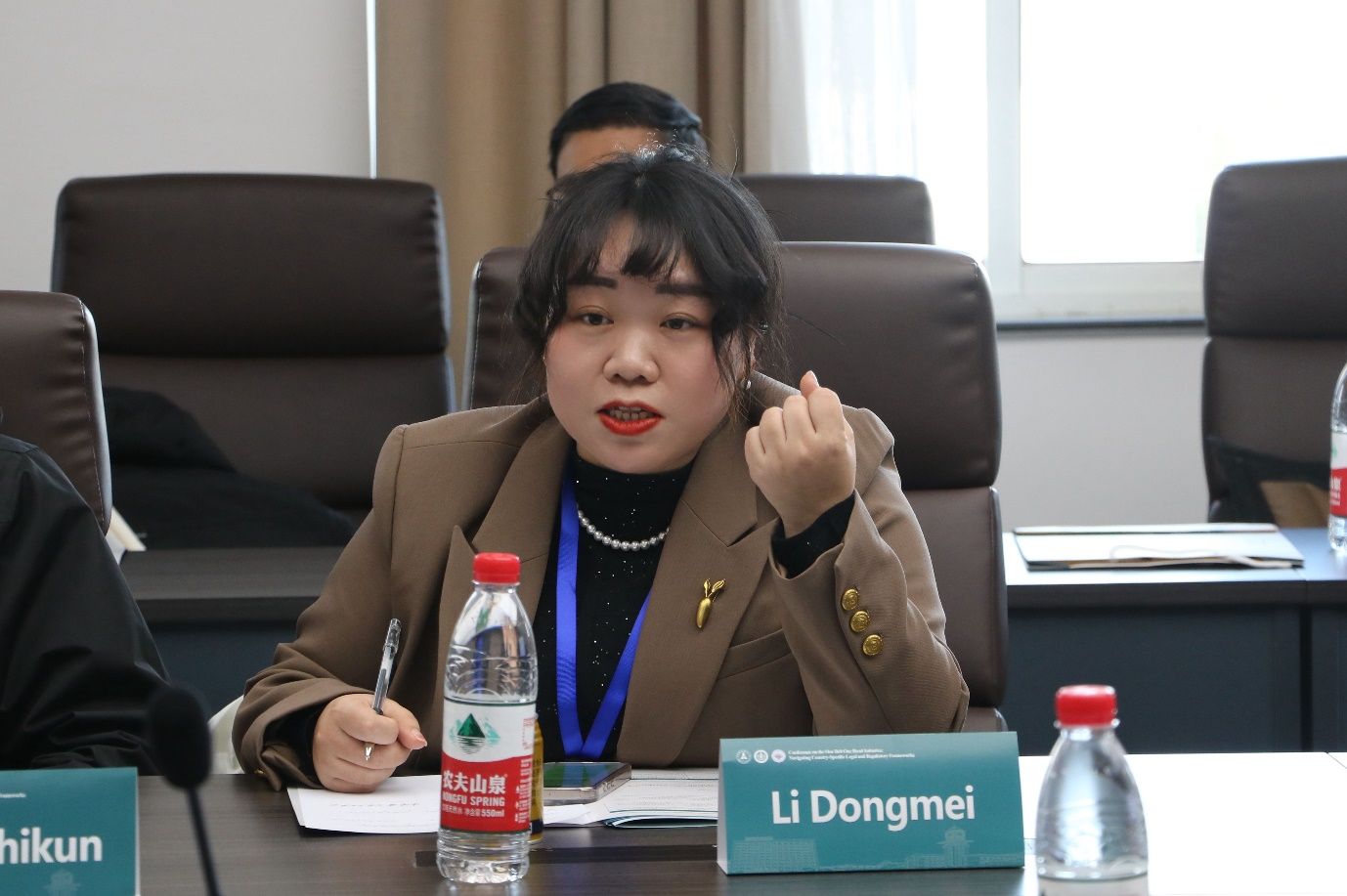
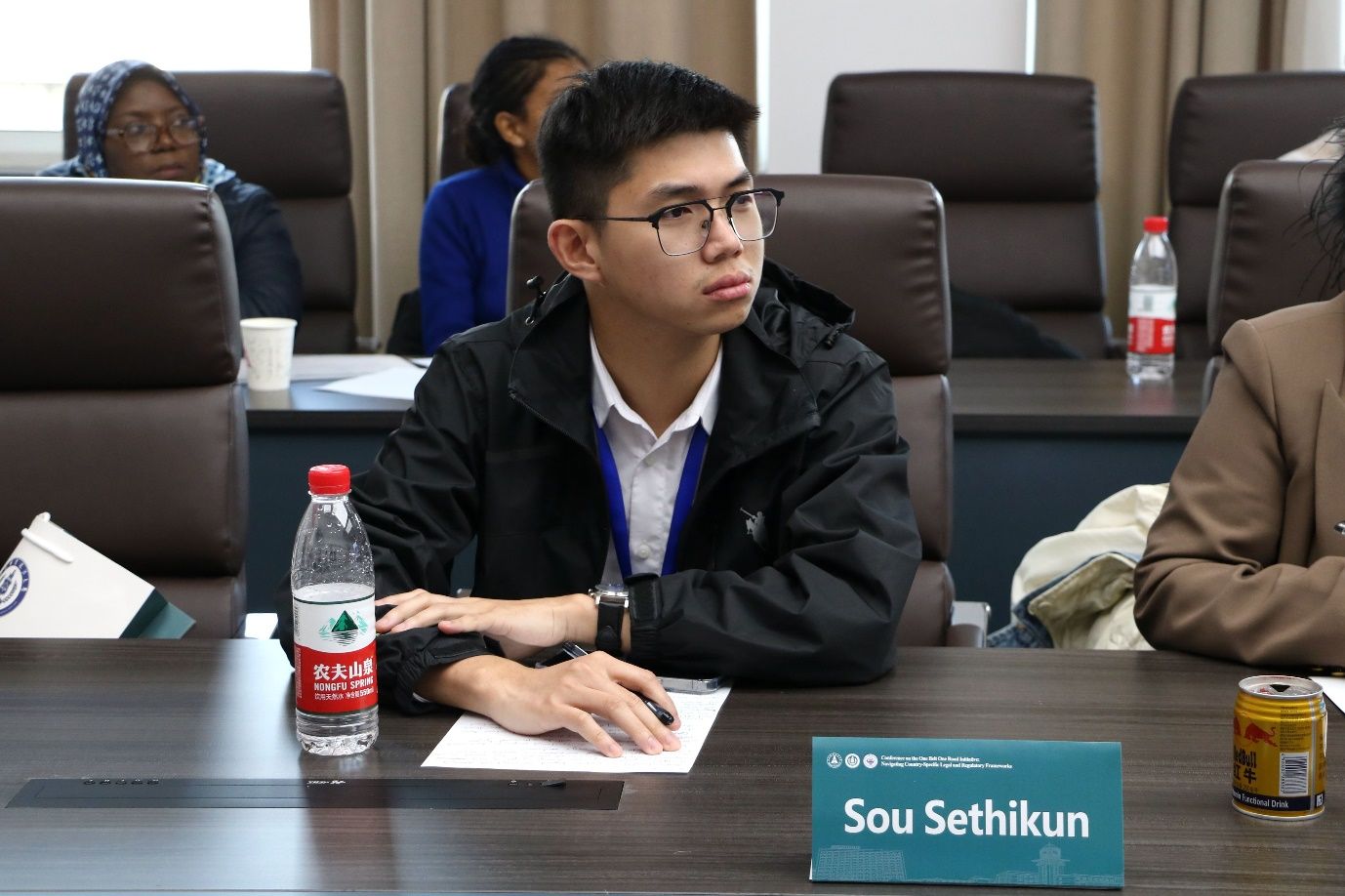
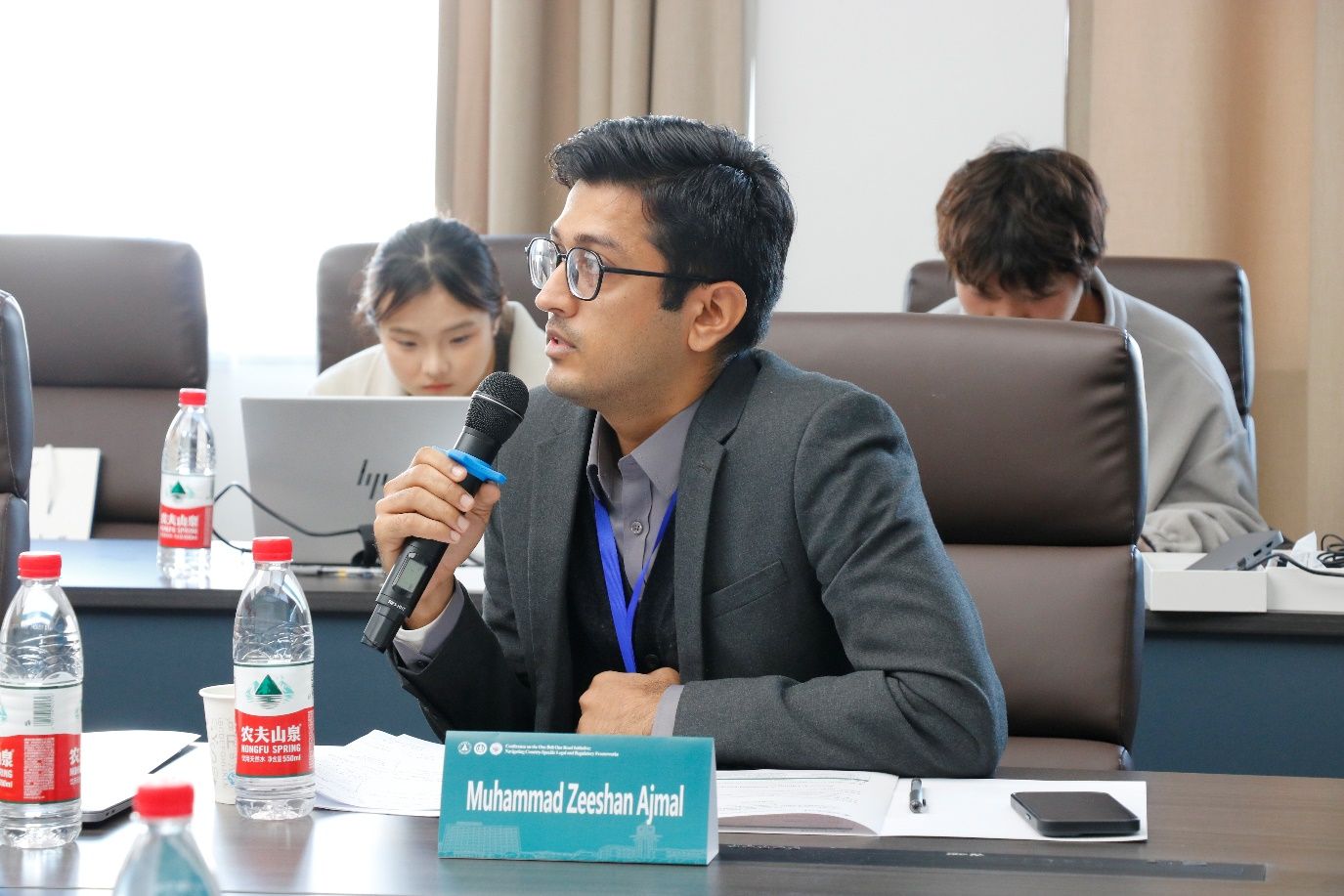
Session II: Country-Specific Perspective
Moderated by Mr. Mahar Waqar Fazal, the conference continued with an impactful session II on the legal requirements and regulatory frameworks across several BRI countries. Muhammad Zeeshan Ajmal discussed, from China’s perspective and practice, the impact of TRIPS-plus provisions on the availability of medicines in BRI countries. Tayseng Ly from SWUPL presented Cambodia’s legal and regulatoryenvironment. Veasna Chea from SWUPL analyzed Cambodia’s infrastructures andeconomic development and next phases. Kham Ouane Keokhunsy from SWUPL looked into the legal frameworks of cross-border railwaytransportation in Laos. Through a case study on Syria, Ayesha Youssuf Abbasi and Fatoumata Camara from ZUEL made a call for the recognition of ecosystems as civilian objects in armed conflicts under international humanitarian law.
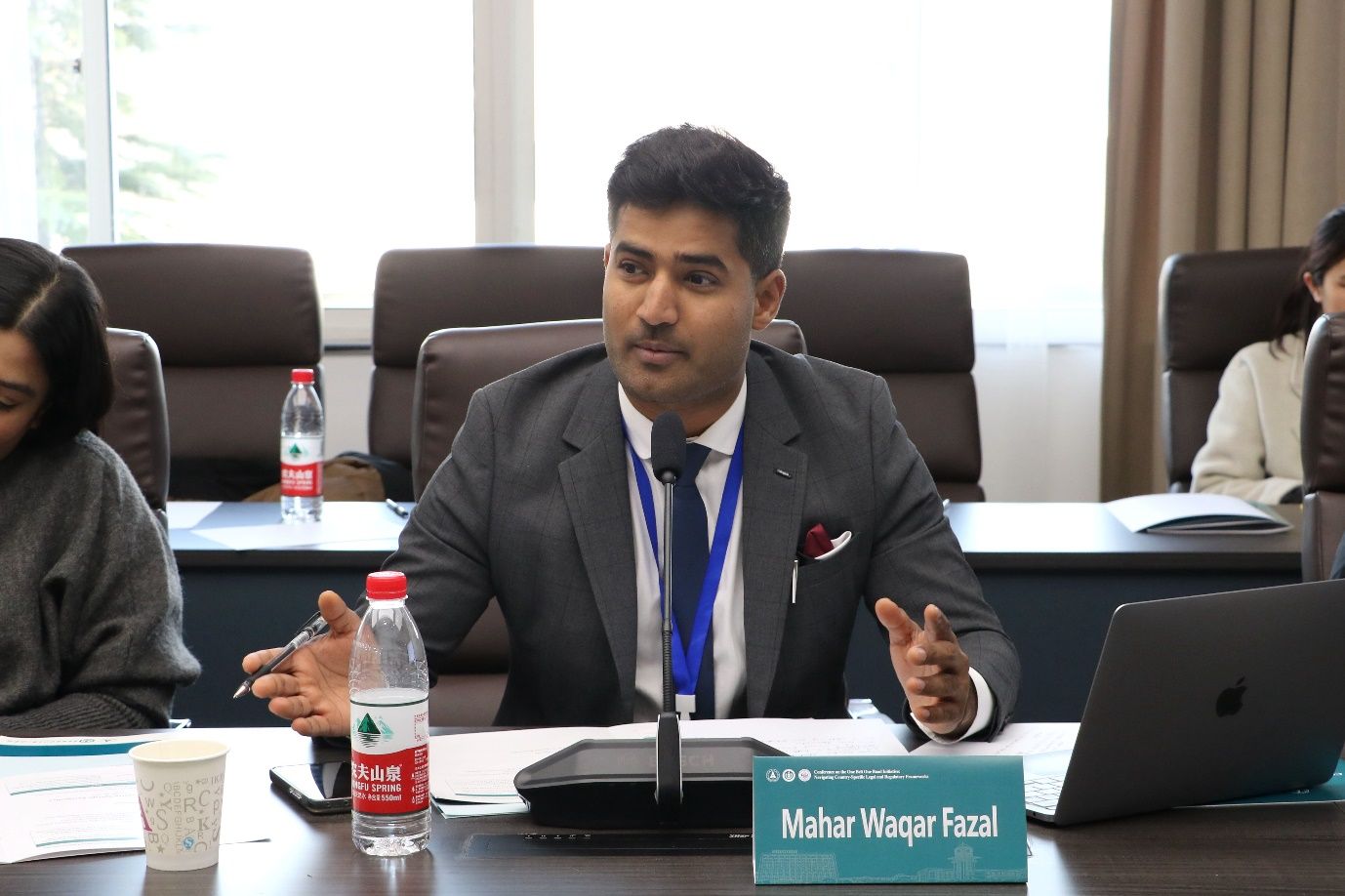

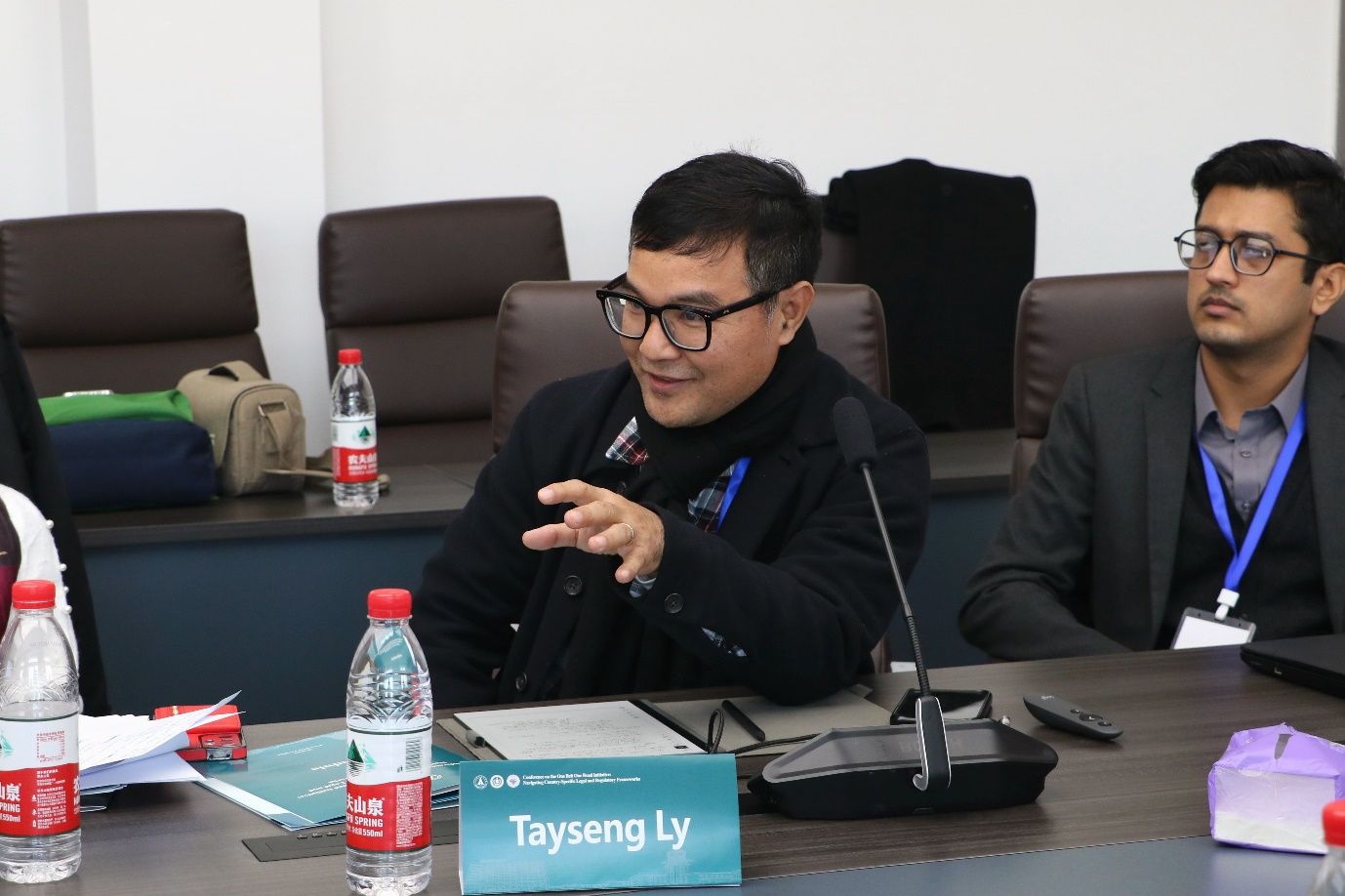
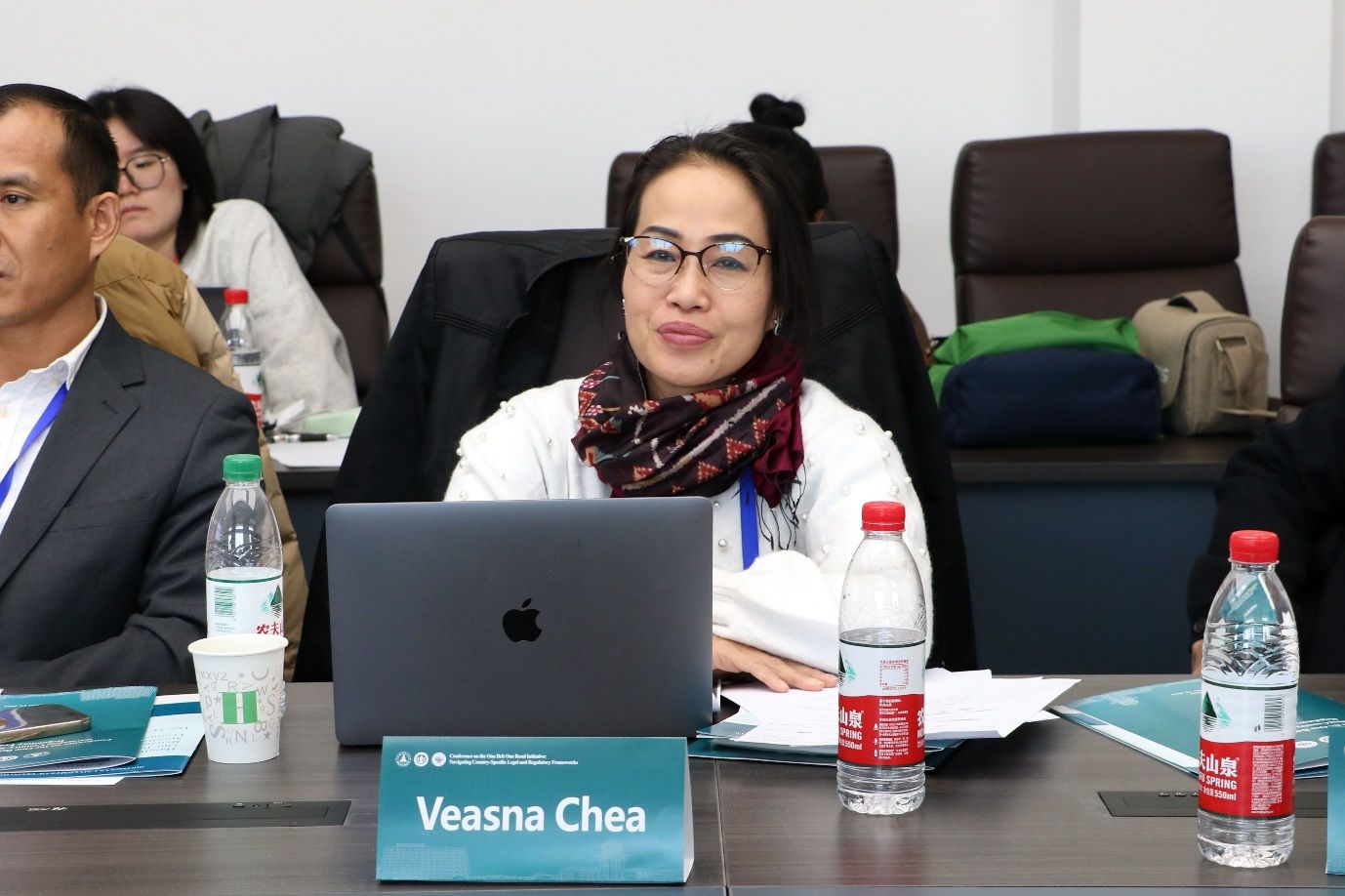
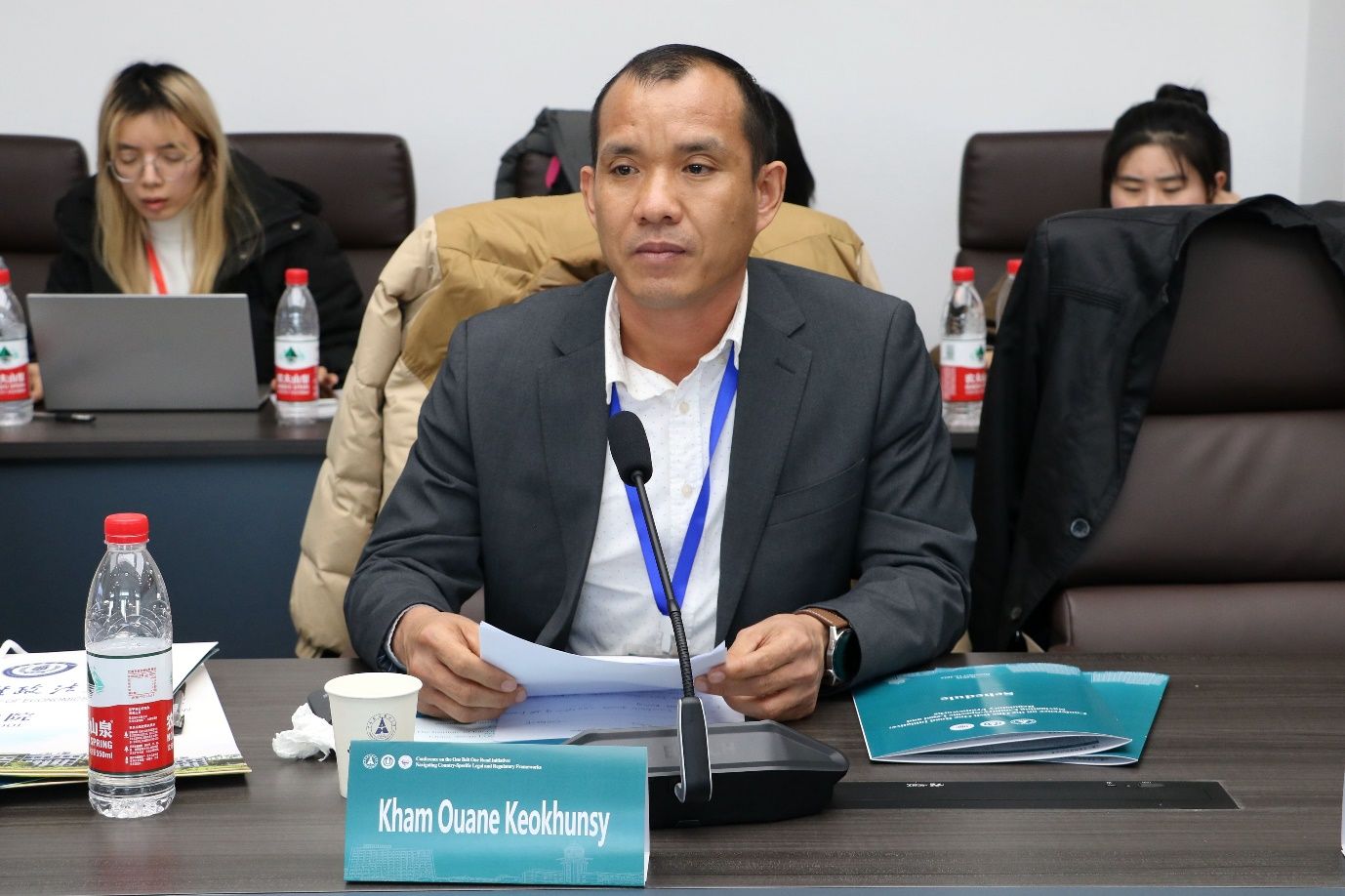
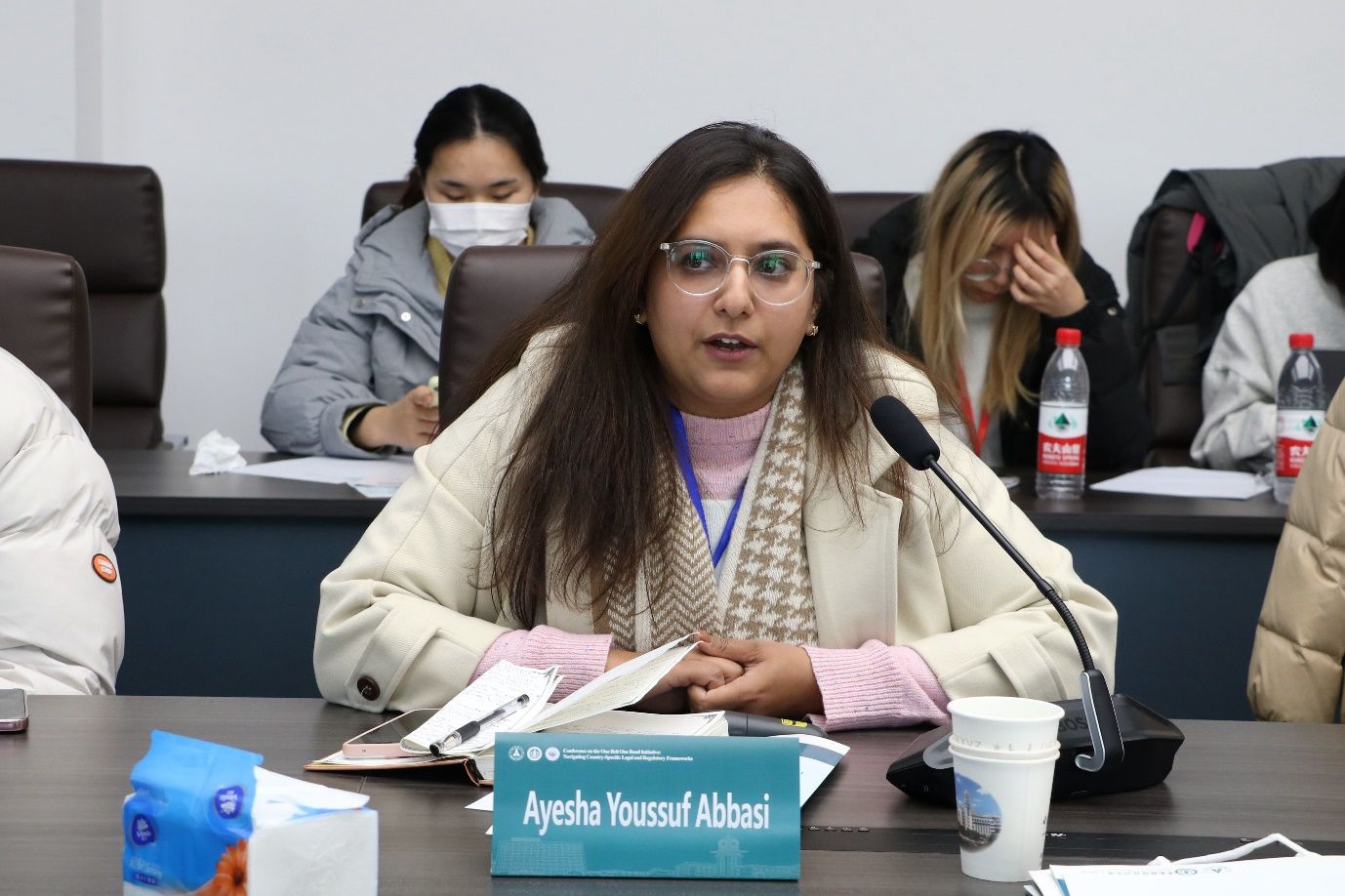
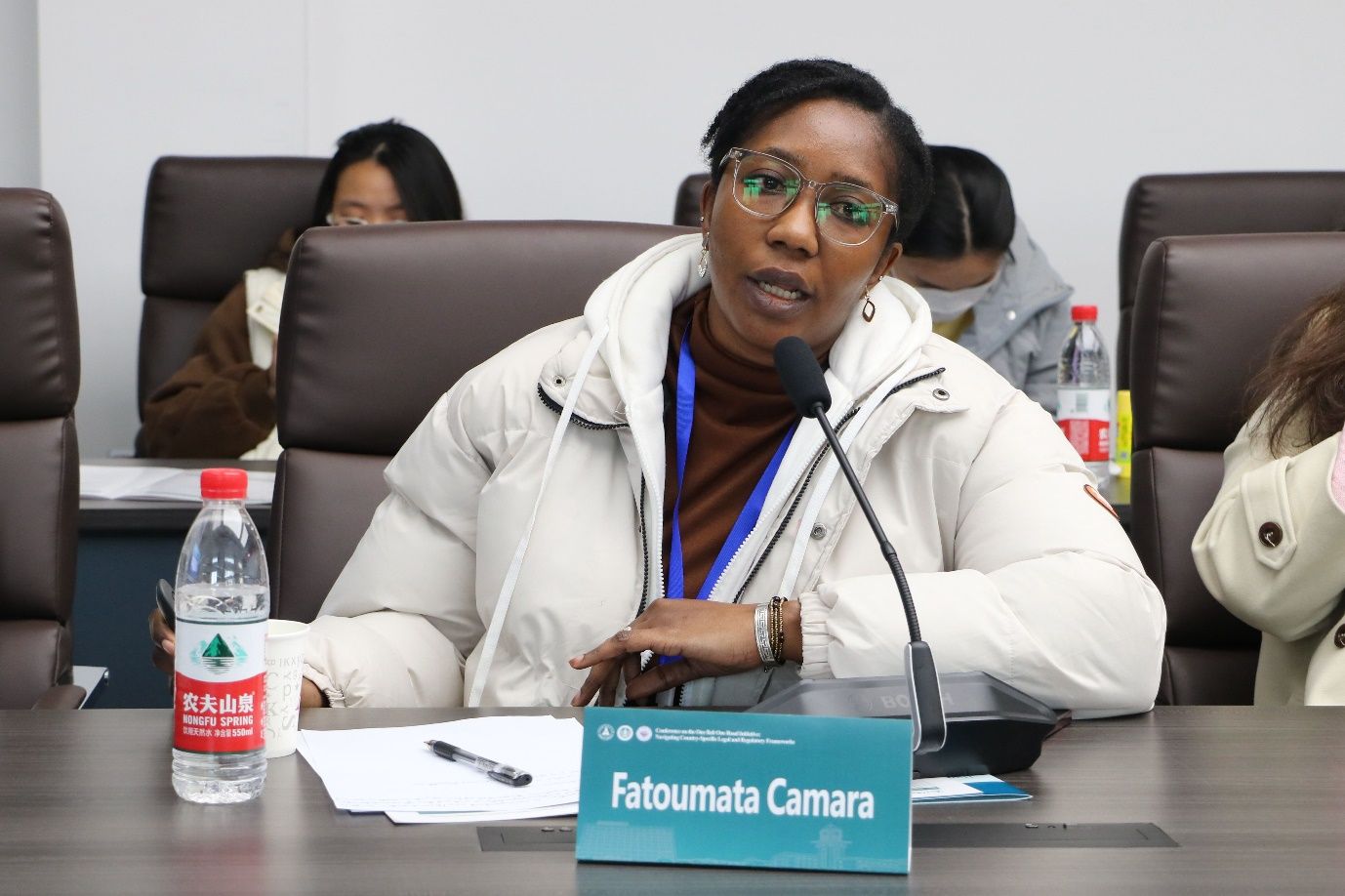
Three discussants – Muhammad Fahad Anwar from China University of Political Science and Law, Amal Atta Muhammad and Muhammad Suhrab – contributed valuable insights by providing critical perspectives and posed pertinent questions that encouraged lively dialogue. They acknowledged the presenters’ in-depth analysis of the legal environment of various participating countries, emphasized the importance of legal cooperation under the BRI initiative, and encouraged future scholarly discourse to deepen the comparisons among national laws and promote legal exchanges.
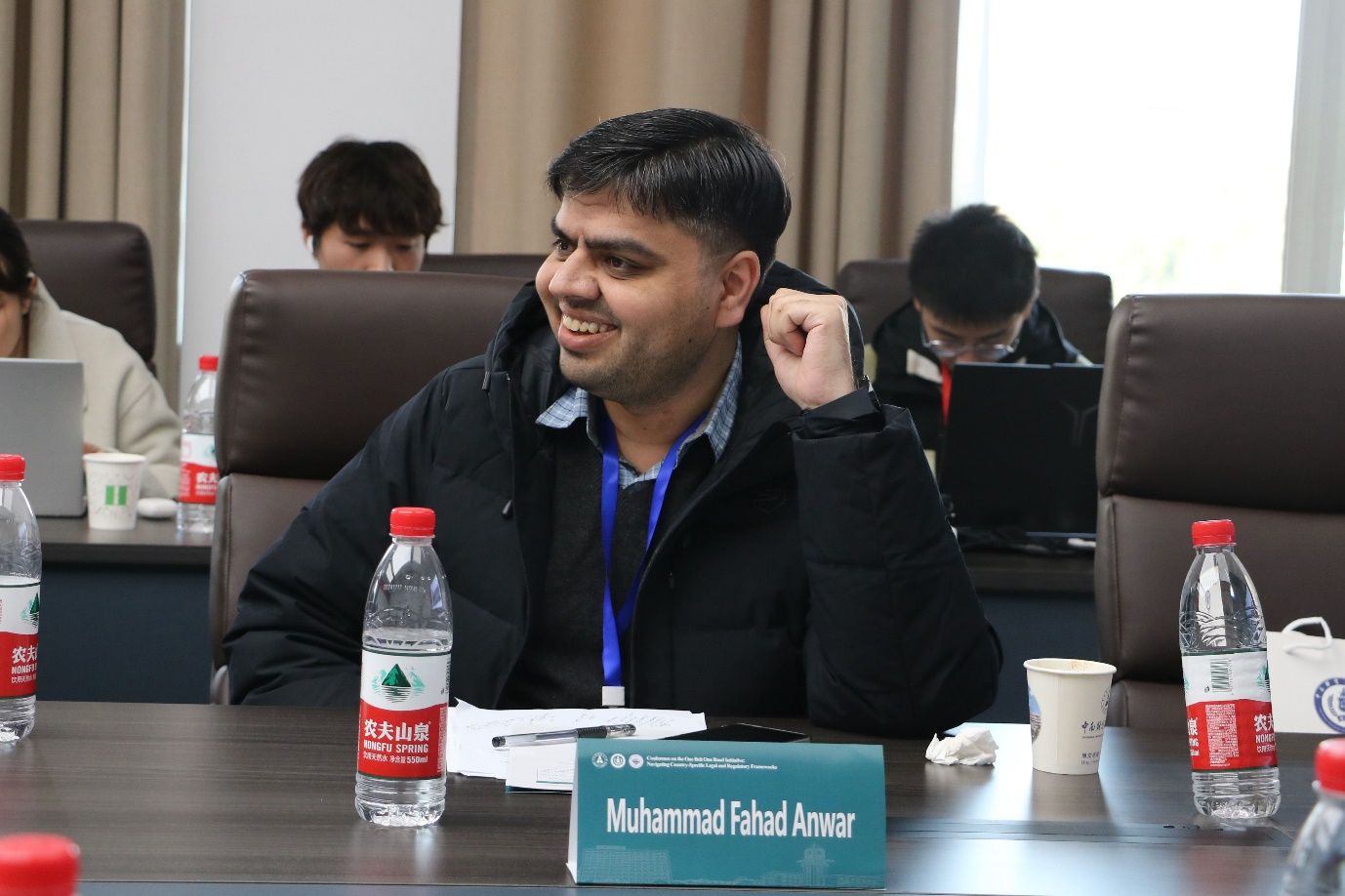
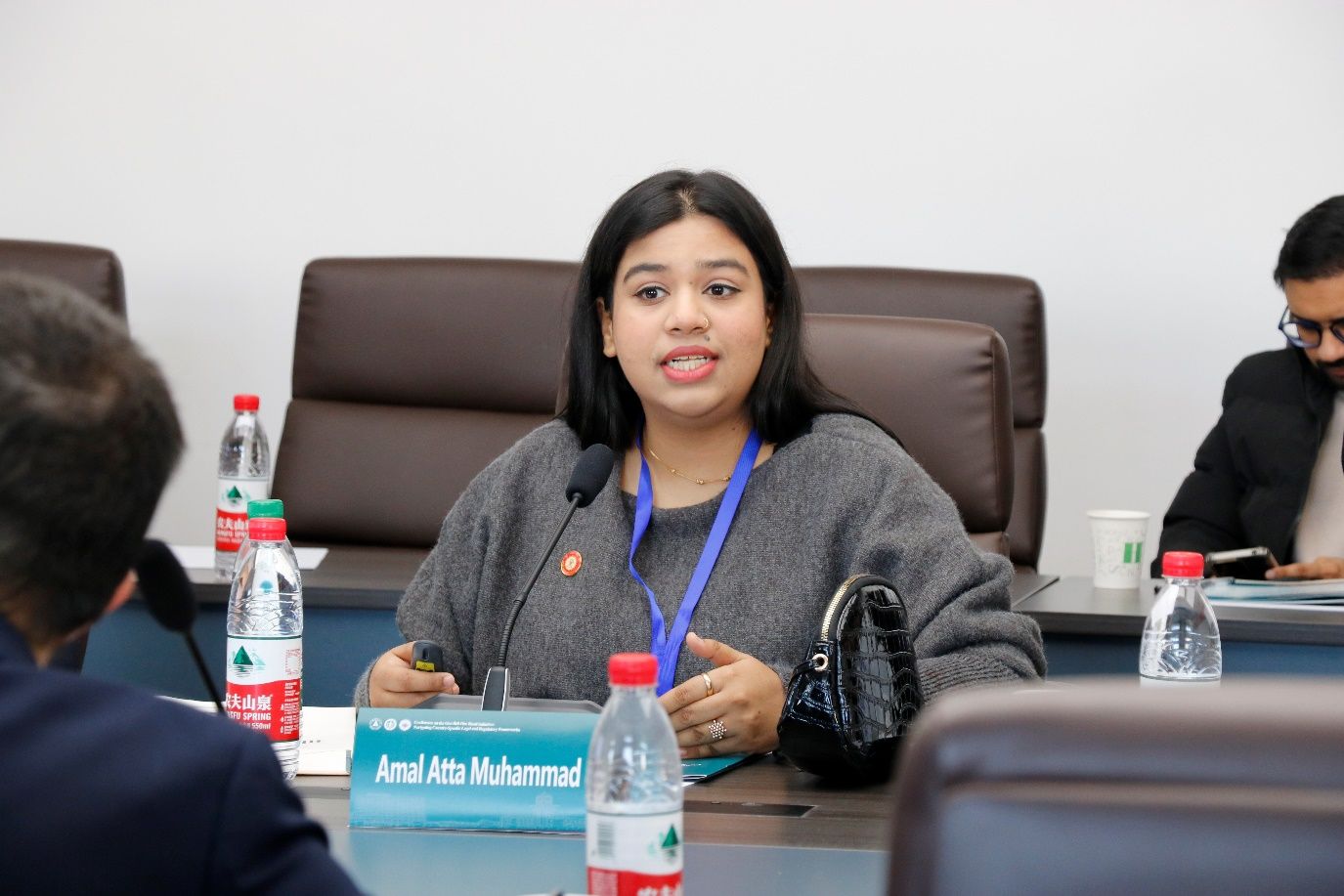
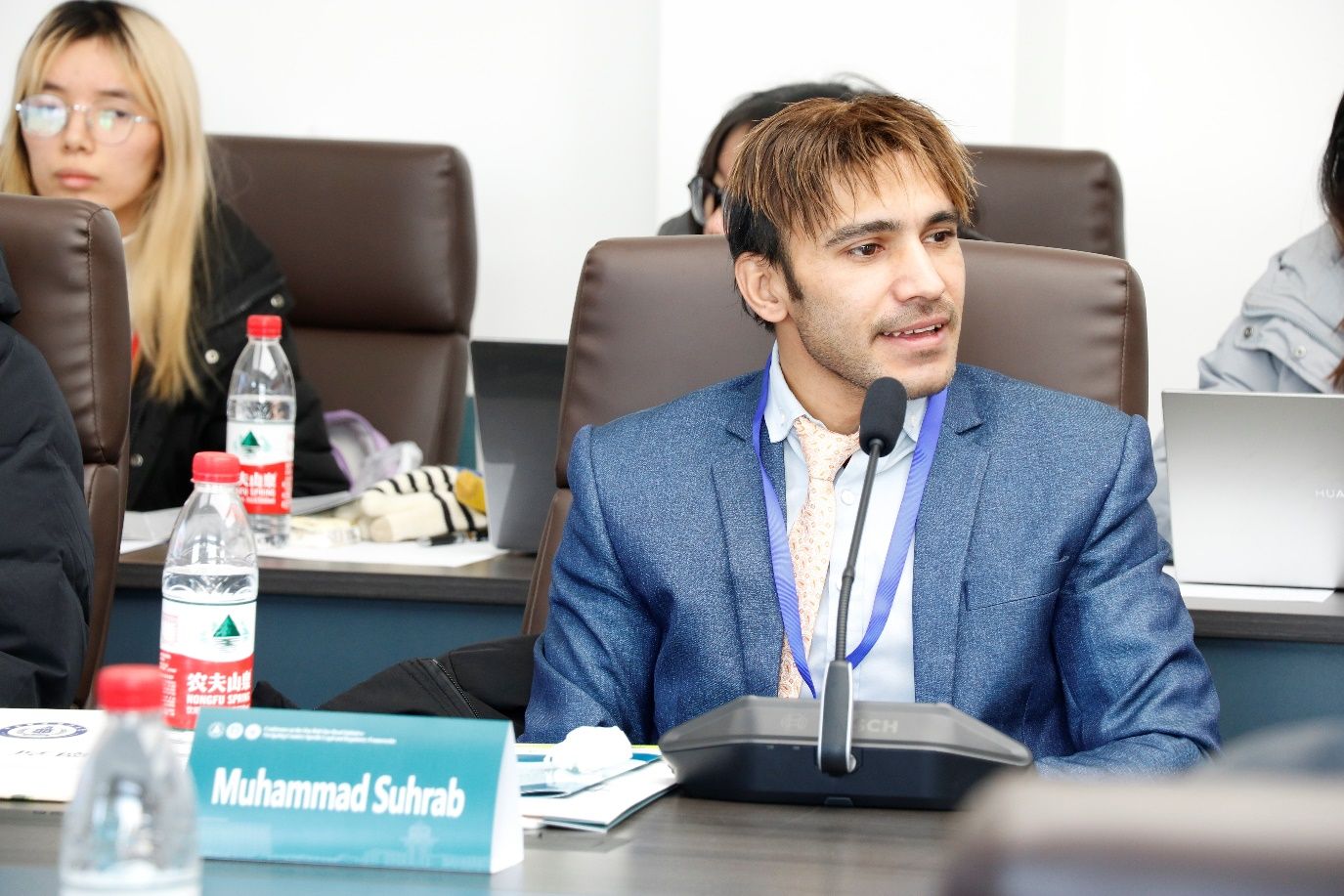
The conference concluded with a closing ceremony and remarks by Professor Jiang He. He expressed his sincere gratitude to the scholars, experts and international students for their active participation and wonderful reports, and spoke highly of the importance of this conference in deepening legal research in BRI countries and promoting international legal exchanges and cooperation. He emphasized that the School of Law will continue to be committed to building an academic platform and promoting the innovation and development of international legal education. He looks forward to more similar events in the future which will jointly contribute to building a community with a shared future for mankind.
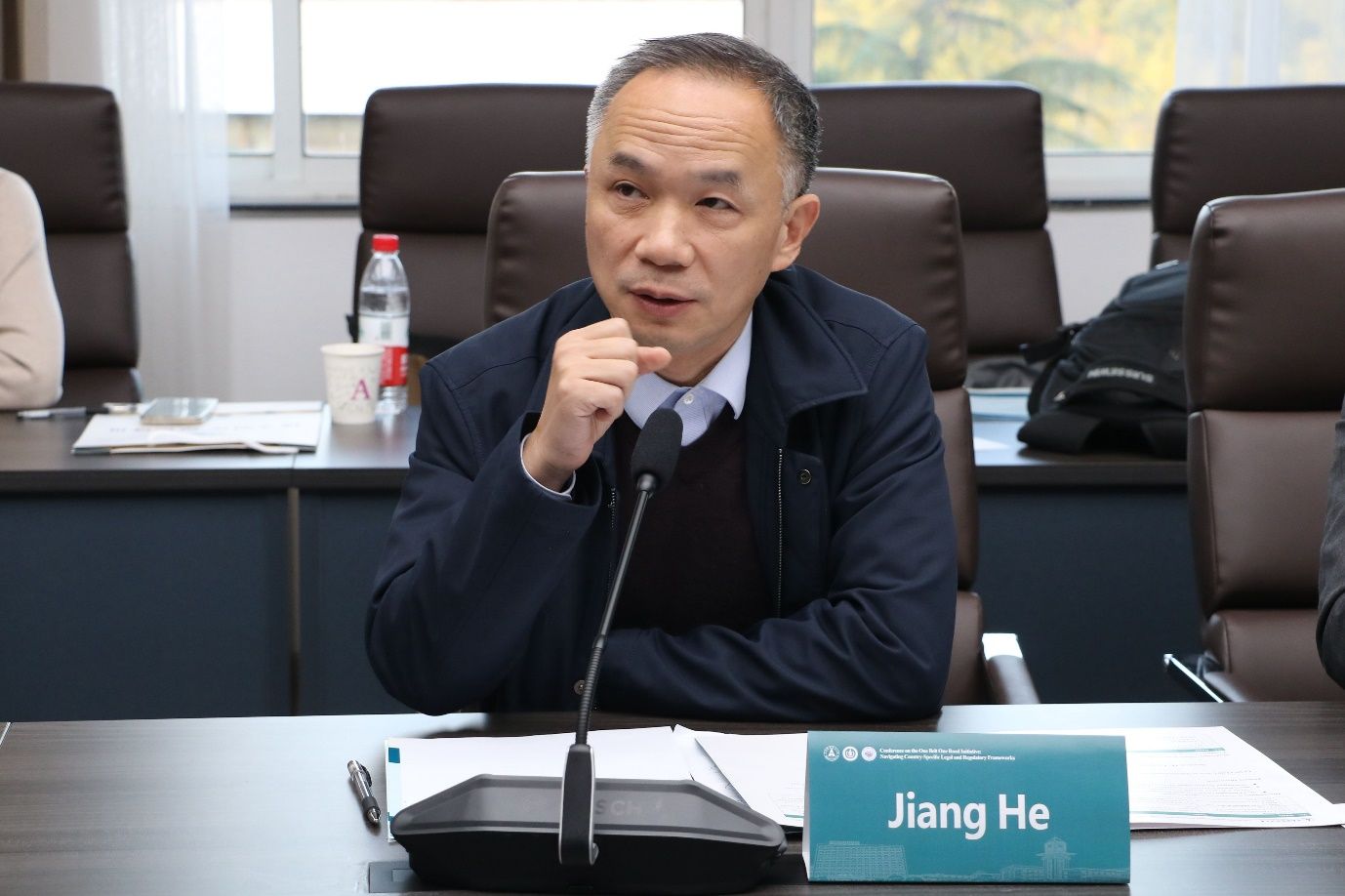
In summary,this conference served as a pivotal platform for sharing insights and experiences regarding the regulatory complexities associated with the legal landscapes of the BRI, reinforcing the importance of legal scholarship in navigating these intricate frameworks and forming collaborative approaches for addressing common legal challenges. The organizing team extends heartfelt gratitude to all speakers, discussants, and participants who contributed to making this conference a success.
